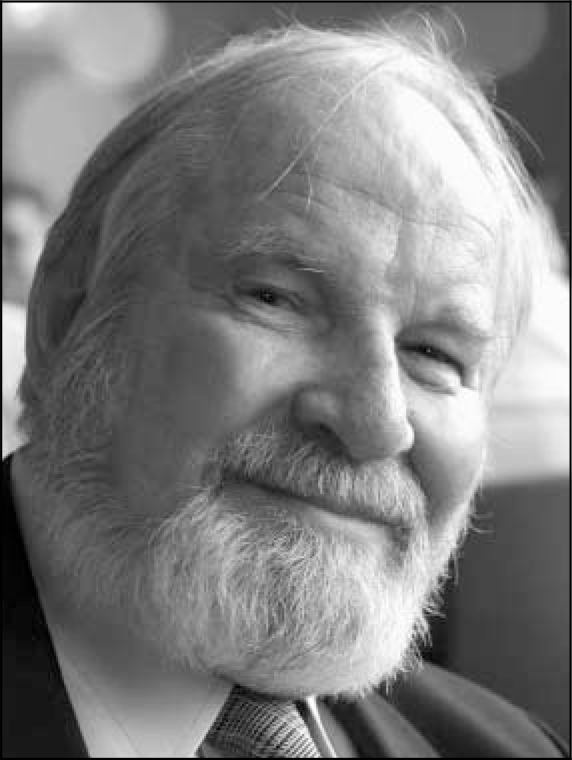Formerly Medical Director, Carrier Foundation, Belle Mead, New Jersey, USA
Dr Sugerman was a pioneer in the early phases of psychopharmacology who led many of the first studies of antipsychotic drugs for the treatment of schizophrenia, depressive disorders and addiction. He died, aged 77, on 24 January 2007 at Temple University Hospital, from complications of heart surgery.

He was part of a generation of researchers who abandoned the psychoanalytic model of psychiatry to focus on pharmacological solutions. He was actively involved in research in alcoholism, schizophrenia, psychopharmacology and electroencephalography, and was author or co-author of more than 170 scientific publications.
Beginning in the early 1960s, he switched from non-pharmacological approaches in the study and treatment of mental illness to pursue clinical drug studies. At the New Jersey Neuropsychiatric Institute he joined Carl C. Pfeiffer, Leonide Goldstein and Henry B. Murphree in comparing the brain waves of healthy patients given lysergic acid diethylamide (LSD) and other psychotropics with those of patients with psychosis.
Dr Sugerman was among the first to study psychotropic drugs for the treatment of schizophrenia. He participated in a landmark study of lithium funded by the Veterans Association-National Institute for Mental Health and continued to help patients he met there for the next 30 years. During the early days of psychopharmacological research, he worked with other pioneers of the era, such as Sam Gershon, Nate Kline, George Simpson, Sid Merlis, Arnie Friedhoff, Al Kurland, Mel Bishop, Dave Engelhardt, Heinz Lehmann, Hy Denber, Don Gallant and Tom Ban.
Born in Dublin, Ireland on 28 January 1929, he obtained his medical training at Trinity College, Dublin, and studied psychiatry in England, where he was a student of Professor Sir Martin Roth. He gained the Diploma in Psychological Medicine of the University of Newcastle upon Tyne. After moving to the USA he was a research fellow at the Downstate Medical Center in Brooklyn, where he earned his Doctor of Medical Science degree from the State University of New York.
In addition to his research career, he practised psychiatry for 20 years at the Carrier Clinic (later called the Carrier Foundation), a private psychiatric hospital in Belle Mead, New Jersey. At Carrier, he succeeded Robert Garber as Medical Director, in addition to serving as Director of Research and founding the out-patient department. He was associated with the University Medical Center of Princeton for over 30 years and had been appointed senior attending physician there.
In later years, he found the increasing fragmentation of clinical research less interesting and devoted himself to private practice as well as teaching, including as Clinical Professor of Psychiatry at University of Medicine and Dentistry of New Jersey - Robert Wood Johnson Medical School; visiting professor at Hahnemann University, Philadelphia; and visiting professor at the Center of Alcohol Studies, Rutgers University, New Brunswick, New Jersey.
Throughout his life, he was actively involved in the Jewish community. He was a founding member of the Young Israel Synagogue of Lawrenceville, New Jersey and its predecessor organisation, the Minyonaires. He served on the boards of the Abrams Hebrew Academy in Yardley, Pennsylvania and the Jewish Family Service in Ewing Township, New Jersey, where he helped Jewish Russian immigrants integrate into American life.
His wide-ranging interests included a decades-long devotion to genealogy that resulted in a family database of some 25 000 names.
A Diplomate of the American Board of Psychiatry and Neurology, he was a Distinguished Life Fellow of the American Psychiatric Association and a fellow of many scientific societies, including the American College of Psychiatry and the Royal College of Psychiatrists, the American Colleges of Clinical Pharmacology and of Neuropsychopharmacology, and the American Association for the Advancement of Science.
He leaves behind his loving wife of 46 years and family in the USA, the UK and Australia.



eLetters
No eLetters have been published for this article.